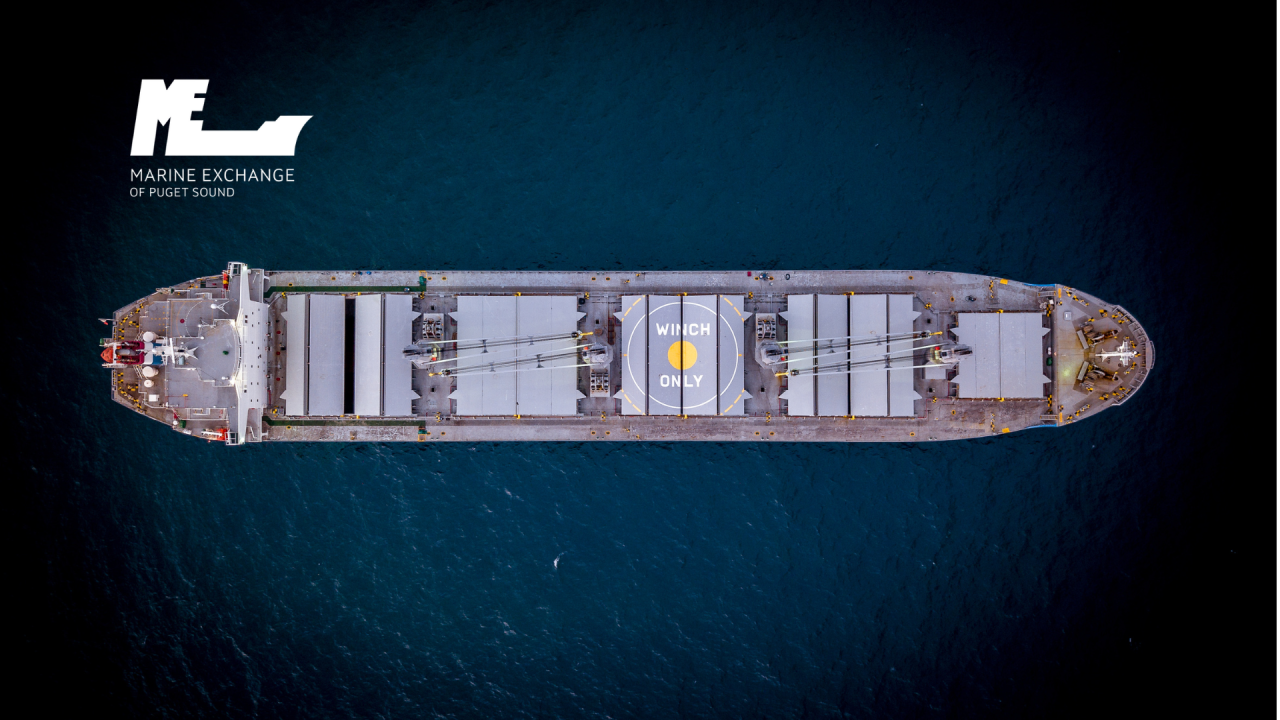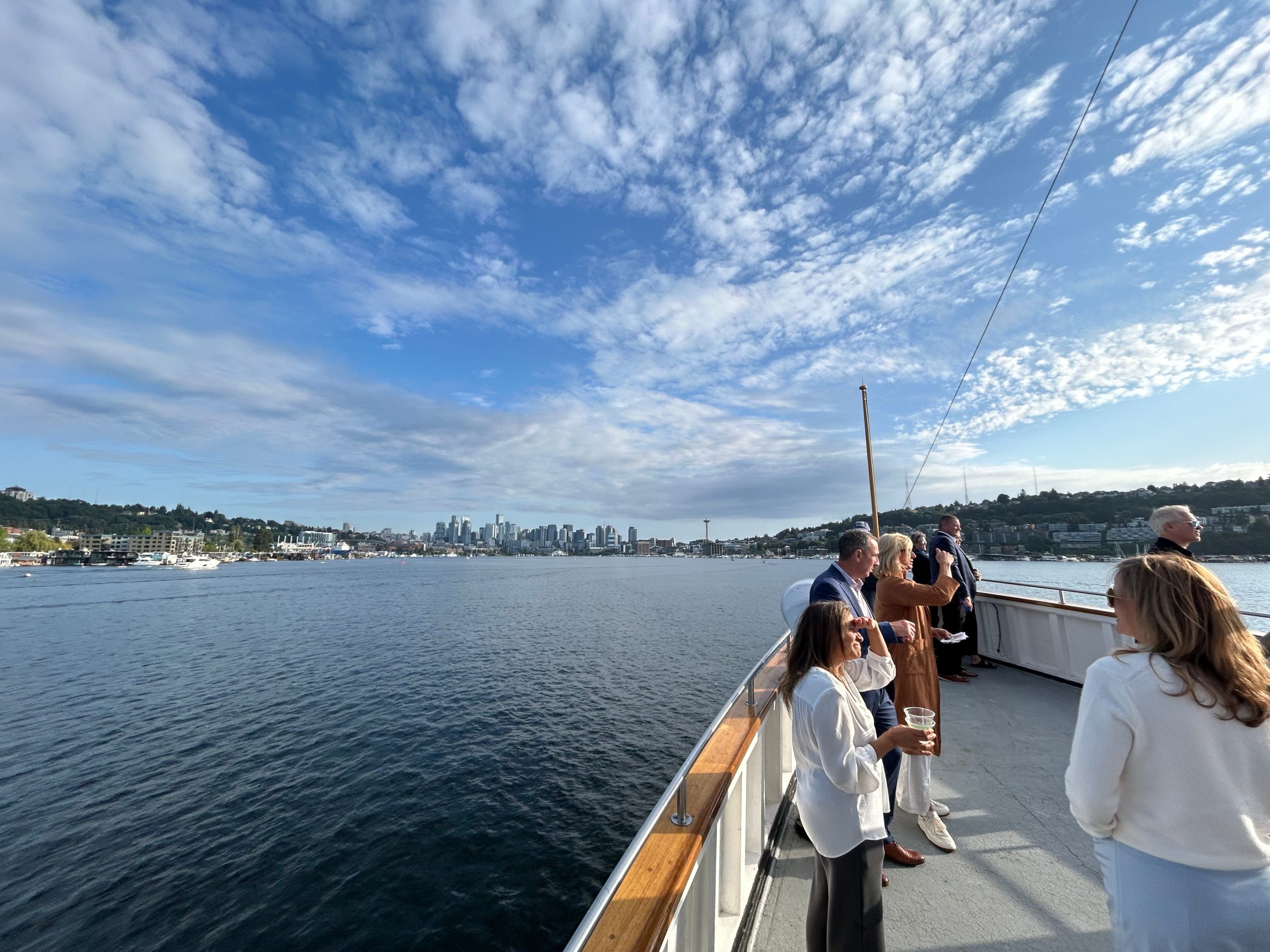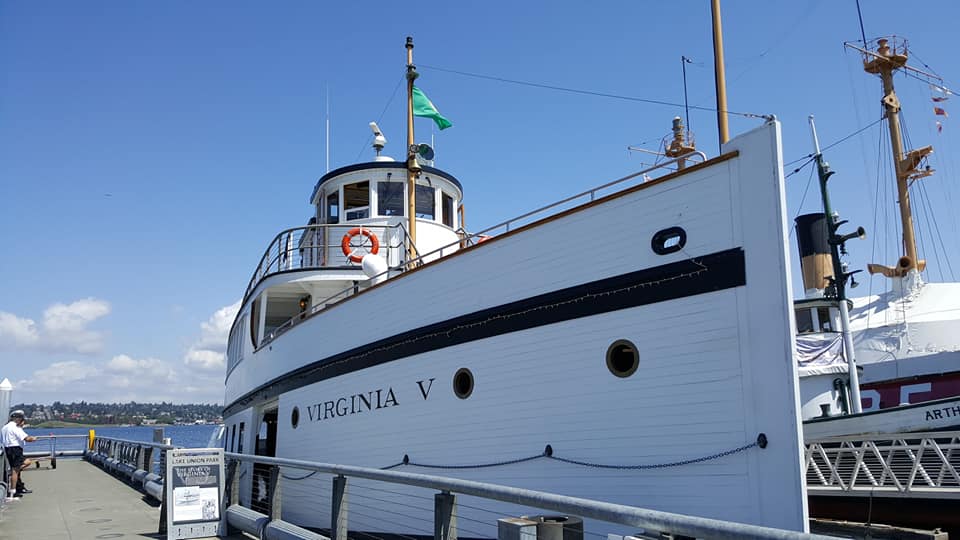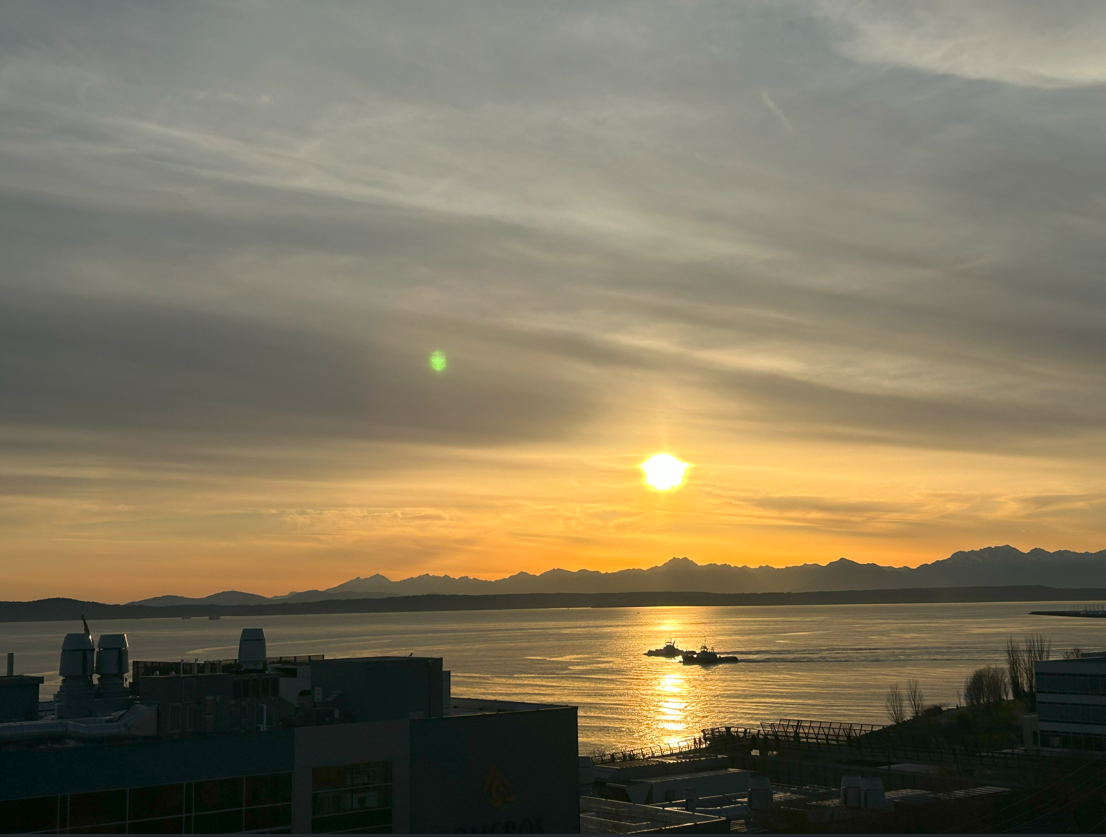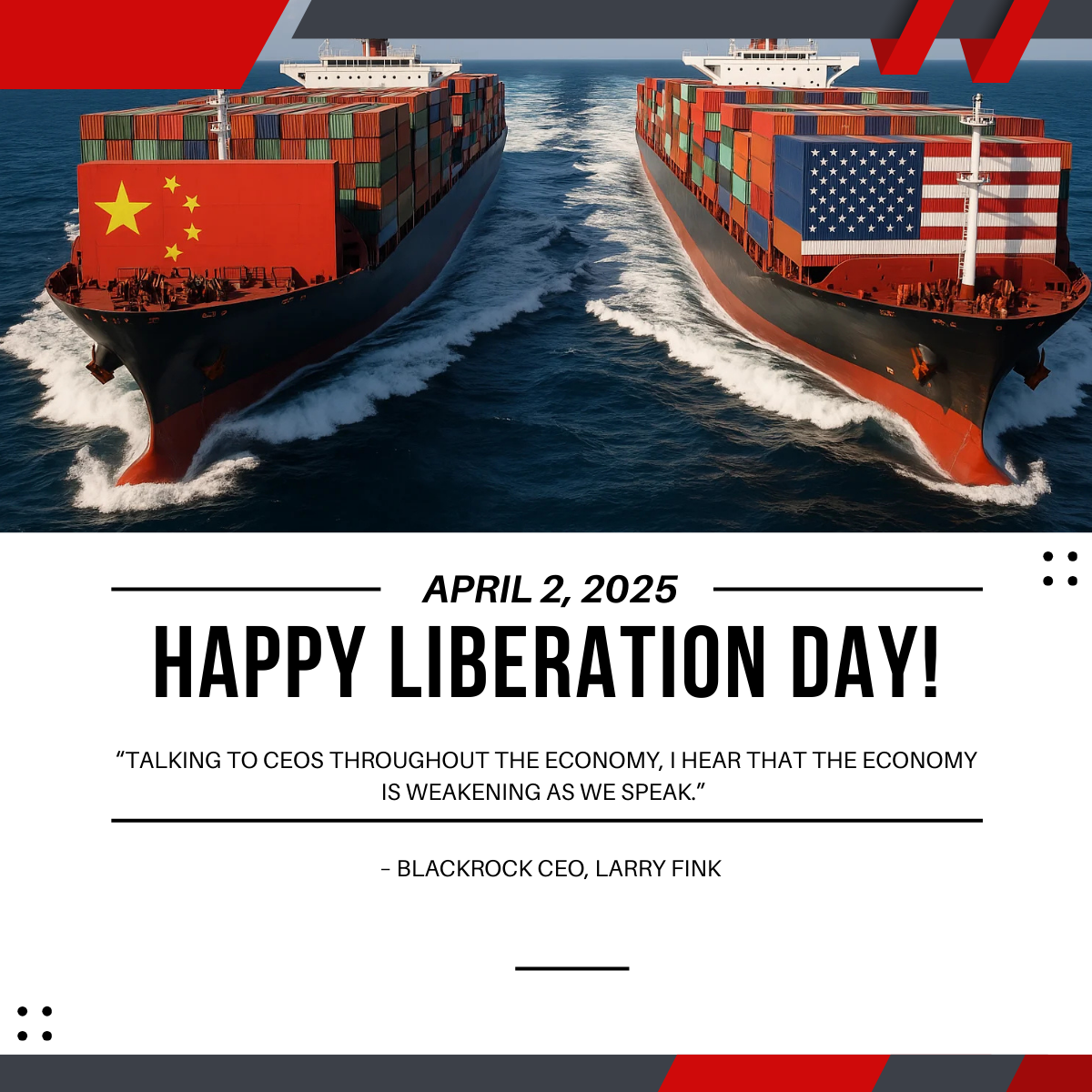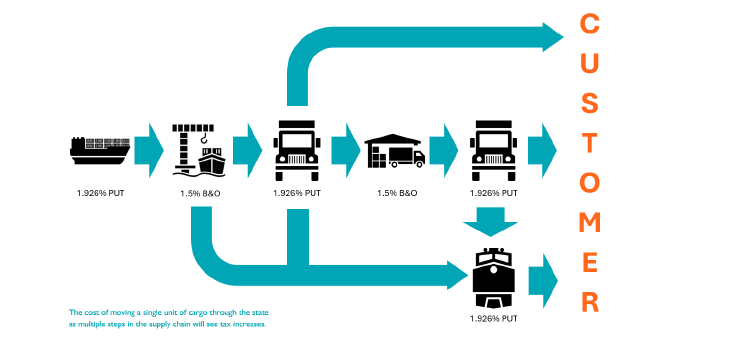
As the maritime world braces for geopolitical shifts, tariff changes, and supply chain tremors, Puget Sound continues to offer a front-row seat to how global currents shape regional activity. Here’s a concise view of what moved this week—from vessel and berth trends to policy headlines and the future of Coast Guard support.
Vessel & Berth Trends: A Solid Uptick (!)
Vessel Arrivals rose by 29% (49 → 63 vessels), driven by sharp increases in:
- Bulk cargo: up 167%
- Tug/ATB movements: up 300%
- Vehicle shipments: up 60%
Berth Arrivals climbed 26% (54 → 68), with standout gains in:
- Tacoma: up 71%
- Cherry Point: up 100%
- March Point: up 40%
These surges point to rising industrial throughput, repositioning ahead of summer fuel runs, and shifting terminal capacity across the Sound.
Operational Snapshot
All seven AIS towers in our network reported 100% uptime with clean, uninterrupted transmissions.
Policy Pulse: From State Law to Global Trade
Washington State Legislative
Changes (Effective July 27, 2025):
- SB 5191: Expands paid leave for maritime workers
- HB 1167: Strengthens maritime education in schools
- HB 1511: Increases pay for ferry captains and deck officers
Federal Developments:
- Imports at the Ports of Los Angeles and Long Beach dropped 24% in May—the lowest since mid-2023.
- Spot shipping rates (Shanghai to West Coast) fell nearly 7% after early summer highs.
- The USTR backed off proposed penalties on non-U.S. LNG tankers and vehicle carriers, attempting to ease supply chain pressures.
Spotlight: Coast Guard Funding in Limbo
Despite unanimous Senate approval of S. 524, the Coast Guard Authorization Act of 2025, the bill is stalled in the House. Majority Leader Steve Scalise announced it won’t be brought to a vote, delaying key funding and reforms.
Meanwhile, the FY2026 DHS budget proposal slashes shore infrastructure funding from $400 million to just $21 million. This comes despite a well-documented $7 billion backlog in repairs and modernization needs.
These delays have direct implications for Coast Guard readiness—and by extension, for everyone operating in our waters.
Final Take: Why It Matters
Vessel and berth volumes are signals. Changes in traffic reflect more than cargo flows; they echo policy shifts, labor movements, and geopolitical uncertainty.
A resilient maritime system isn’t just built on ships and terminals—it’s built on coordination, infrastructure, and well-supported public service partners like the U.S. Coast Guard.
At the Marine Exchange, we’ll continue tracking the data, maintaining uptime, and telling the story behind the numbers.
Let’s Stay Connected
What are you seeing in your corner of the maritime world? How are these national and global changes showing up at your dock?


